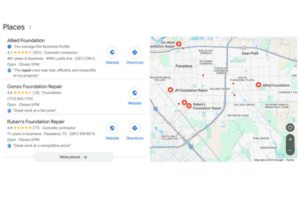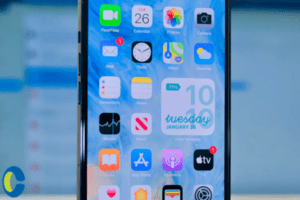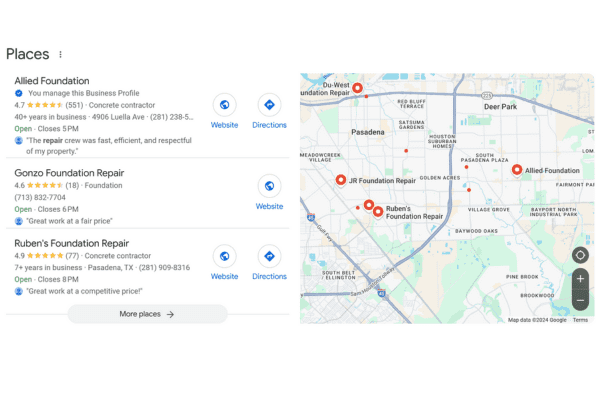Small businesses are continually seeking innovative ways to reach their target audience and promote their products or services. SMS marketing and text marketing are two terms often used interchangeably, but they are not quite the same. Understanding the nuances between these two strategies can help businesses make more informed decisions about their marketing efforts. In this blog post, we will delve into the world of SMS marketing and text marketing, highlighting the key differences between the two.
What Is SMS Marketing?
SMS, or Short Message Service, is a widely used communication technology that enables the exchange of short text messages between mobile devices. SMS marketing is a strategy that leverages this technology to deliver promotional messages, updates, or alerts to a specific group of recipients via text messages. This approach typically involves obtaining explicit consent from customers to receive text messages from a business.
Key Characteristics of SMS Marketing:
- Opt-In Requirement: SMS marketing relies on customers’ consent. Businesses must obtain explicit permission from customers before sending marketing messages.
- Personalization: SMS marketing allows for personalized messages, addressing customers by their first names and tailoring content to their preferences.
- High Open Rates: SMS messages have impressively high open rates, often exceeding 90%. This makes SMS marketing an effective way to ensure your message reaches your audience.
- Immediate Delivery: SMS messages are typically delivered instantly, making them ideal for time-sensitive promotions or alerts.
- Limited Content: Due to character limitations, SMS messages are concise, usually containing brief but impactful information.
What Is Text Marketing?
Text marketing, on the other hand, is a broader term that encompasses various messaging platforms, including SMS but not limited to it. While SMS marketing relies exclusively on text messages, text marketing encompasses a wider range of messaging channels, such as Multimedia Messaging Services (MMS), messaging apps, and even social media messaging.
Key Characteristics of Text Marketing:
- Diverse Messaging Channels: Text marketing uses a variety of messaging channels, including SMS, MMS, messaging apps like WhatsApp, and social media platforms like Facebook Messenger.
- Multimedia Content: Unlike SMS marketing, which primarily uses text, text marketing allows businesses to incorporate multimedia elements like images, videos, and GIFs into their messages.
- Greater Flexibility: Text marketing offers more flexibility in terms of message length and content, as it is not bound by the character limitations of traditional SMS messages.
- Cross-Platform Engagement: Businesses can engage with customers across multiple platforms, adapting their messaging strategy to suit the preferences of their target audience.
Choosing Between SMS Marketing and Text Marketing
The choice between SMS marketing and text marketing depends on your business objectives, target audience, and the nature of your products or services. Here are some considerations to help you decide which approach is best for your business:
- Nature of Content: If your messages primarily consist of short, text-based promotions and alerts, SMS marketing may suffice. However, if you require multimedia elements or longer-form content, text marketing might be more suitable.
- Audience Preferences: Consider the communication preferences of your target audience. Some demographics may prefer traditional SMS messages, while others may be more responsive to messaging apps or social media platforms.
- Compliance: Ensure that you comply with all relevant regulations, such as the Telephone Consumer Protection Act (TCPA) in the United States, which governs SMS marketing. Compliance requirements may differ between SMS and text marketing channels.
- Budget: Text marketing can be more versatile but may also be costlier than SMS marketing. Evaluate your budget and choose the option that aligns with your financial resources.
While SMS marketing and text marketing share the common goal of reaching and engaging customers through messaging, they differ in terms of channels, content formats, and compliance requirements. Businesses should carefully assess their objectives and target audience to determine which approach is more suitable for their marketing campaigns. Regardless of the choice, effective mobile marketing can significantly enhance customer engagement and drive business growth in the digital era.















